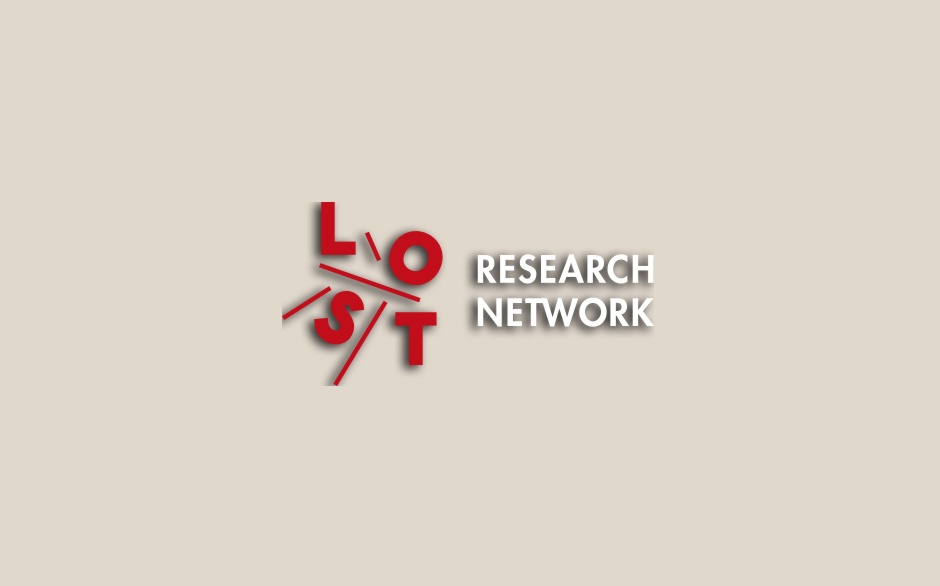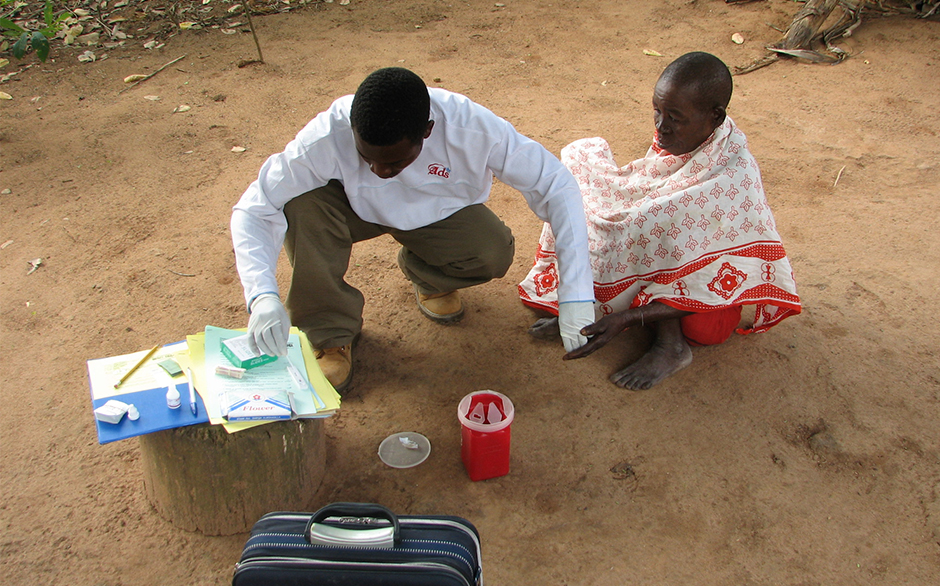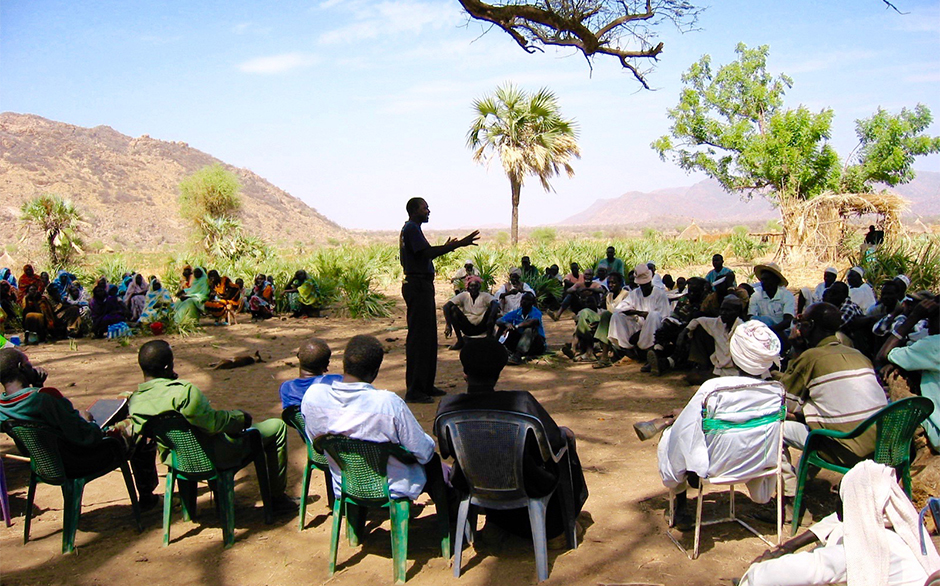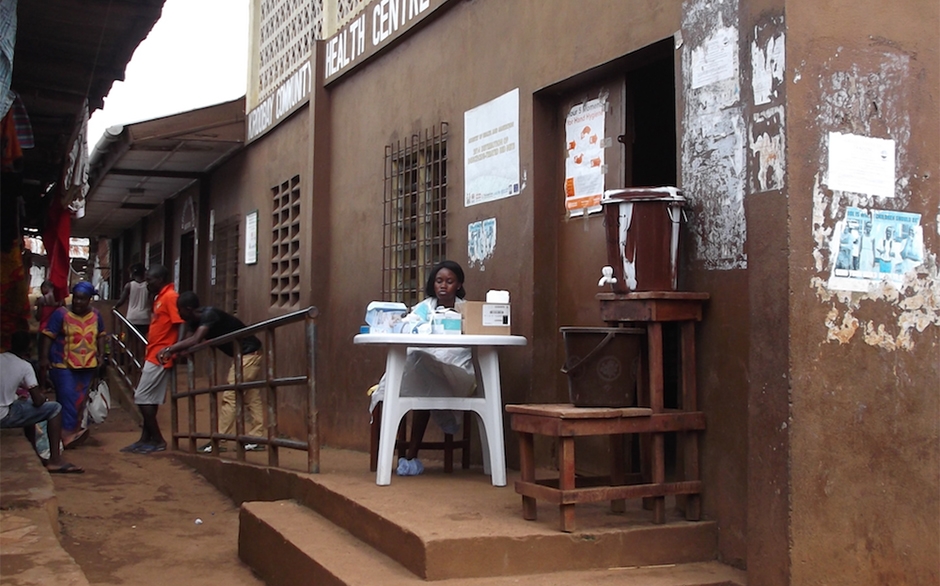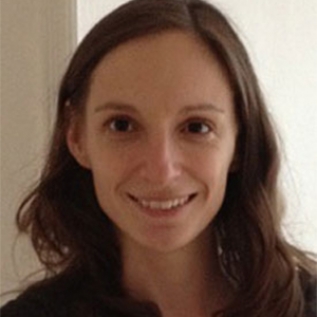
Uli BeiselNetwork Member
Uli Beisel is Professor of Human Geography at FU Berlin. Her research is concerned with the spatialisation of global inequalities and the conditions of social transformation processes, especially in the thematic areas of naturecultures, planetary health and environmental justice. Her work is situated in the interdisciplinary field of feminist and postcolonial science and technology studies, more-than-human/multispecies geographies and global health. Uli has worked on ‘mosquito-parasite-human entanglements’ in malaria control, and continues to be fascinated by practices of boundary drawing between human and non-human organisms, and their possibilities for coexistence. Her research is informed by the question of how we can coexist well with organisms and substances that are harmful to human health. In this context, Uli Beisel is interested in mutating mosquitoes and resistant parasites; zoonotic diseases; insecticides, pesticides and toxins; technologies and infrastructures in global health and their crises. She is part of the editorial collective of the open access book publisher Mattering Press.
Research
Uli is currently working on four research projects: (1) DFG-funded project within the Covid-19 focus funding on the Global South: “Uneven geographies of vaccine manufacturing in the Global South: assessing the relations between research & development and global equity in Brazil, South Africa and Ghana” 2021-22; (2) Volkswagen Foundation funded project on “Mobile Mosquitoes – understanding the entangled mobilities of Aedes mosquitoes and humans in India, Mexico, Tanzania and Germany” 2022-26 (3) a project within the Cluster of Excellence Africa Multiple at the University of Bayreuth on “Planned obsolescence, circular economies and ecologies of electronic devices in transdisciplinary perspective”, 2020-24. (4) From spring 2022 on a project funded by the Berlin University Alliance on “Re-Scaling Global Health. Human Health and Multispecies Cohabitation on an Urban Planet” with colleagues from Technische Universität Berlin, Humboldt-Universität zu Berlin and Charité.
Publications
- Beisel, Uli and Carsten Wergin (2022) "Understanding multispecies mobilities: From mosquito eradication to coexistence." in Mosquitopia: The Place of Pests in a Healthy World , edited by Marcus Hall and Dan Tamïr, 32-46. London: Routledge.
- Donko, Kamal, Martin Doevenspeck and Uli Beisel (2021) "Migration Control, the Local Economy and Violence in the Burkina Faso and Niger Borderland." in Journal of Borderlands Studies. → https://doi.org/10.1080/08865655.2021.1997629
- Richards, Paul, Esther Mokuwa, Harro Maat, Pleun Welmers and Uli Beisel (2019) "Trust, and distrust, of Ebola Treatment Centers: A case-study from Sierra Leone." in PLoS One 14 (12): e0224511. → https://journals.plos.org/plosone/article?id=10.1371/journal.pone.0224511
- Beisel, Uli and Grace Akello (2019) "Challenges, distrust, and understanding: Employing communicative action in improving trust in a Public Medical Sector in Uganda." in SAGE Open 9 (4): 1-10. → https://journals.sagepub.com/doi/10.1177/2158244019893705
- Beisel, Uli and John Kuumuori Ganle (2019) "The release of genetically engineered mosquitoes in Burkina Faso: Bioeconomy of science, public engagement and trust in medicine." in African Studies Review 62 (3): 164-173. → https://www.cambridge.org/core/journals/african-studies-review/article/release-of-genetically-engineered-mosquitoes-in-burkina-faso-bioeconomy-of-science-public-engagement-and-trust-in-medicine/8F5539854B8880C2894EABAA386D38E0
- Beisel, Uli (2019) "What might we learn from ANT for studying health care issues in the majority world, and what might ANT learn in turn?" in The Routledge Companion to Actor-Network Theory , edited by Anders Blok, Ignacio Farías and Celia Roberts, 246-255. London: Routledge.
- Beisel, Uli, Sandra Calkins, and Richard Rottenburg (2018) "Divining, testing, and the problem of accountability." in HAU: Journal of Ethnographic Theory 8 (1/2): 109–113. → http://lost-research-group.org/wp-content/uploads/2019/08/Beisel-2018.pdf
- Liggins, Arlena S. and Uli Beisel (2017) "Translating the glucometer – from 'Western' markets to Uganda: Glucometer graveyards, missing testing strips and the difficulties of patient care." in World Politics in Translation: Power, Relationality and Difference in Global Cooperation , edited by Tobias Berger and Alejandro Esguerra, 59–75. London, New York: Routledge.
- Umlauf, René, Dieter Neubert and Uli Beisel (2017) "Innovationen in afrikanischen Gesundheitssystemen: Die Einführung von diagnostischen Schnelltests in der Malariakontrolle." in Spektrum, Hochschulschrift der Universität Bayreuth.
- Beisel, Uli, René Umlauf, Eleanor Hutchinson, and Clare I. R. Chandler (2016) "The complexities of simple technologies: Re-imagining the role of rapid diagnostic tests in Malaria control efforts." in Malaria Journal 15 (1): 64.
- Umlauf, René and Uli Beisel (2016) "Translating Global Health Technologies: Diagnostic Spaces between Standardization and Adaptation in Uganda’s Malaria Control Program." in Working Papers of the Priority Programme 1448 of the German Research Foundation Nr. 20, Leipzig and Halle. → http://lost-research-group.org/wp-content/uploads/2017/05/SPP1448_WP20_Umlauf_Beisel.pdf
- Beisel, Uli (2015) "The blue warriors: Science, public health and democracy in Malaria control experiments in Ghana." in Para-states and medical science: Making African global health , edited by Paul Wenzel Geissler, 281-302. Durham: Duke University Press.
- Beisel, Uli (2015) "Markets and mutations: Mosquito nets and the politics of disentanglement in global health." in Geoforum 66: 146-155.
- Boëte, Christophe, Uli Beisel, Luísa Reis Castro, Nicolas Césard, and R Guy Reeves (2015) "Engaging scientists: An online survey exploring the experience of innovative biotechnological apporaches to controlling vector-borne diseases." in Parasites & Vectors 8 (1): 414.
- Beisel, Uli (2014) "On gloves, rubber and the spatio-temporal logics of global health." in Somatosphere. → http://somatosphere/2014/10/rubber-gloves-global-health.html.
- Beisel, Uli, and Hansjörg Dilger (2014) "Die Ebolakrise aus Sicht der Medizinethnologie: Von Misstrauen zu lokal angepasster Patientenversorgung." in Medizinethnologie: Körper, Gesundheit und Heilung in einer globalisierten Welt, December 10. → http://www.medizinethnologie.net/ebolakrise-aus-sicht-der-medizinethnologie/
- Ginn, Franklin, Uli Beisel, and Maan Barua (2014) "Flourishing with awkward creatures: Togetherness, vulnerability, killing." in Environmental Humanities 4: 133-123.

